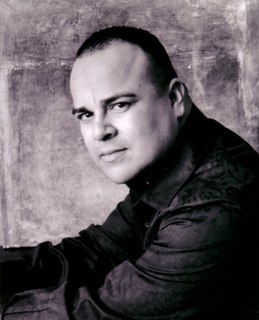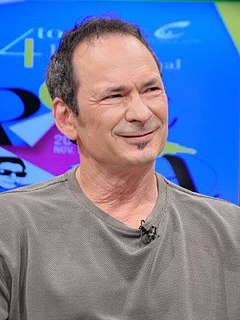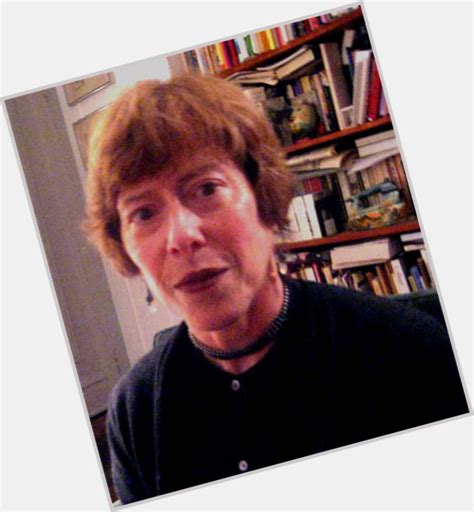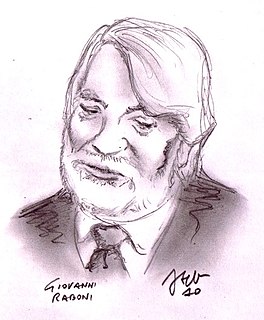A Quote by Rigoberto Gonzalez
I like to move around in the landscape between poetry and prose, between the lyrical and the narrative.
Related Quotes
Poetry has an indirect way of hinting at things. Poetry is feminine. Prose is masculine. Prose, the very structure of it, is logical; poetry is basically illogical. Prose has to be clear-cut; poetry has to be vague - that's its beauty, its quality. Prose simply says what it says; poetry says many things. Prose is needed in the day-to-day world, in the marketplace. But whenever something of the heart has to be said, prose is always found inadequate - one has to fall back to poetry.
What a lumbering poor vehicle prose is for the conveying of a great thought! ... Prose wanders around with a lantern & laboriously schedules & verifies the details & particulars of a valley & its frame of crags & peaks, then Poetry comes, & lays bare the whole landscape with a single splendid flash.
Charles Bernstein's pairs of jingles of 'public discourse' are 'simultaneous double narrative / the space between's the other narrative/as if they're opposite.' In the space between, outside representation but in the 'presence' of it, we are provoked to laugh. Bernstein alters our language to open a double range that's public and mind at once and inseparable, that is 'Poetry is patterned thought in search of unpatterned mind.' Girly Man is doing it.
There's a great freedom of forms and intonations in Luigi Fontanella's poetry. He doesn't take a strong formal stand; his poetry entertains moments of nearly proselike colloquial narrative along with moments of powerful lyrical tension. There is a movement of extremes, from powerful tonality to near atonality, and I like this a great deal; it's a stance that very effectively catches the spirit that makes work in poetry possible nowadays.
The decision must be made between Judaism and Christianity, between business and culture, between male and female, between the race and the individual, between unworhtiness and worth, between the earthly and the higher life, between negation and God-like. Mankind has the choice to make. There are only two poles, and there is no middle way.





































